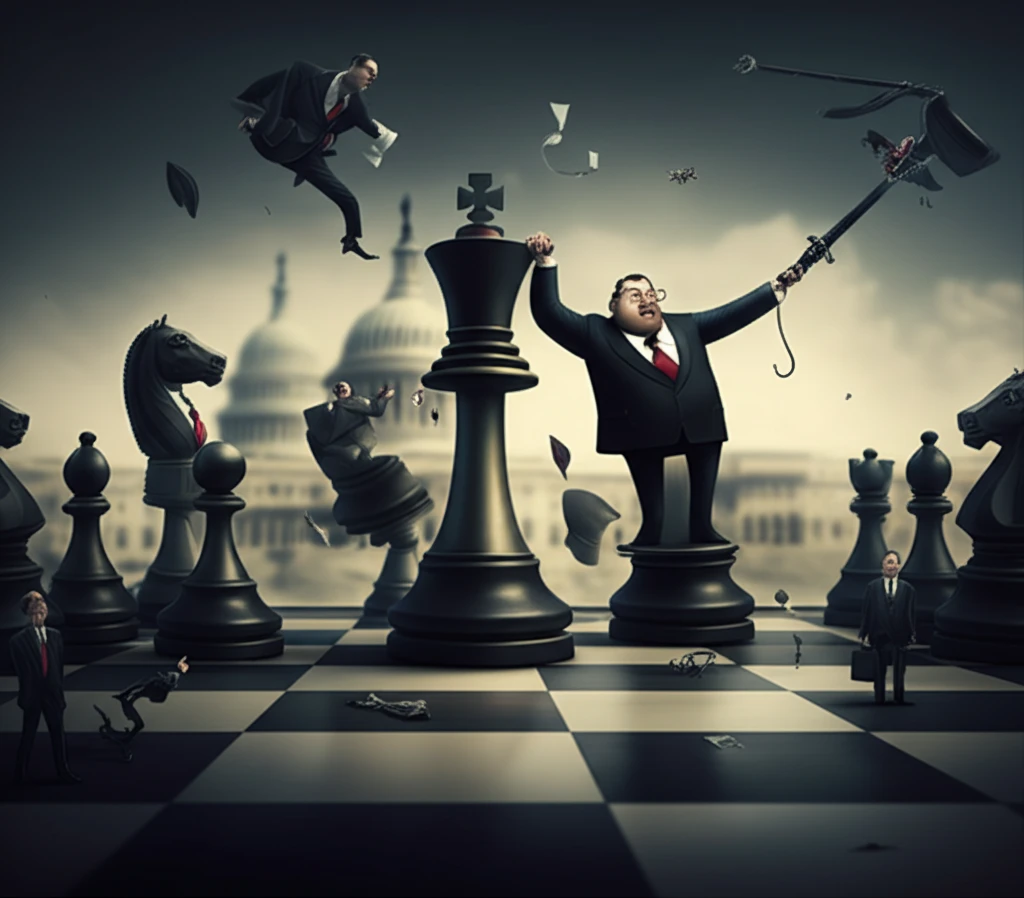
Decoding D.C.: How Lobbying Really Works and Why It Matters
"Unveiling the hidden contests shaping policy from the West Wing to your wallet."
Washington D.C., the heart of American politics, is more than just grand speeches and televised debates. Behind the scenes, a complex dance of influence unfolds daily, shaping the policies that affect every facet of our lives. This dance is lobbying – a contest of persuasion, resources, and strategic maneuvering involving the government and countless special interest groups.
Lobbying, at its core, is about access and advocacy. Special interest groups, ranging from massive corporations to grassroots organizations, seek to influence government decisions in their favor. But how does this influence actually work? What are the strategies employed, and what role does money play? Understanding these dynamics is crucial for anyone seeking to navigate the complex landscape of modern politics.
New research sheds light on these questions, viewing lobbying not just as a straightforward attempt to inform or persuade, but as a strategic contest for limited government resources. This framework helps explain why some groups succeed while others fail, and how governments themselves strategically engage with lobbyists to achieve their own goals. Join us as we unpack this fascinating world and reveal the hidden battles that shape our world.
The Art of the Deal: How Governments and Lobbyists Interact

Imagine the government as a chess player facing multiple opponents simultaneously. Each opponent, a special interest group, champions a particular policy. The government, however, has limited "political capital" – resources like time, attention, and influence – to expend on these battles. It can't fight every battle with equal intensity, forcing it to make strategic choices: where to invest its resources, and where to concede.
- Funding pro-government advertising campaigns
- Supporting key political initiatives
- Providing valuable expertise and information
The Takeaway: Informed Citizens in a Complex World
Understanding the dynamics of lobbying is crucial for informed citizenship. By recognizing the strategic contests and backroom deals that shape policy, we can better evaluate the actions of our government and hold our elected officials accountable. This knowledge empowers us to engage more effectively in the political process and advocate for the changes we want to see in the world.
